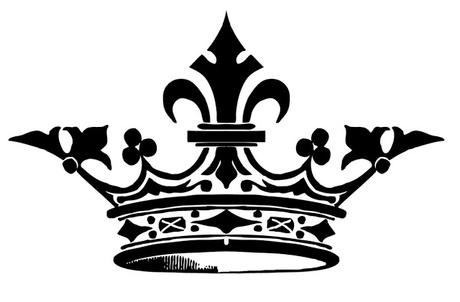Jut as it didn't take long after the Fall for the first murder, (Genesis 4, Cain killed Abel), it also didn't take long for the first war to erupt, Battle of the Valley of Siddim. (Genesis 14).
In those days Kings ruled cities and near environs. There was what was known as the Five Cities of the Plain; Sodom, Gormorrah, Admah, and Zeboiim, plus tiny Zoar. (Genesis 13:10-13). They are also known as the Cities of the Valley. It used to be a fertile and lush area, that was the reason Lot chose it when Abraham suggested they split their flocks due to crowding. Now it's an area of wasteland, salt, and not much else. Most people believe the Plains referred to is the area south of the Dead Sea (Salt Sea).
The kings of the cities of Shinar had warred with the kings of the Plains and won. (Victors were Amraphel king of Shinar, Arioch king of Ellasar, Chedorlaomer king of Elam, and Tidal king of Goiim.)
The triumphant kings exacted tribute from the vanquished, and expected it regularly. Chedorlaomer is mentioned as the King receiving the tribute, perhaps he was the lead king among the five who were allies. His Elamite kingdom extended in what is today modern day Iran along the Persian Gulf. It is believed that the Elamite nation began in the area of modern day Iran sometime around 2700 BC and continued through 640 BC. From the Table of Nations of Noah blessing his sons Ham, Japheth and Shem, that the Elamites were perhaps descendants of Shem.
Except, 13 years later, having grown rebellious with the state of things, the Kings of the Plain decided to stop paying the tribute to Chedorlaomer. Of course this promoted a war, Chedorlaomer having called upon his allies for rectification of the situation.
Well, the Kings of Sodom, Gomorrah, Admah Zeboiim and tiny Zoar, lost soundly. Chedorlaomer ransacked the Cities of the Plain and carried off as much booty as they could, including Abraham's nephew Lot and all his people and all his goods. (Genesis 14:12).
We know from the subsequent chapters that Abraham pursued Lot's kidnappers for hundreds of miles. With 300 men Abraham eventually got Lot back and all his people and all his goods, too. Abraham praised the Lord.
Who was Chedorlaomer, though? Not much else is known of him via the Bible. He held sway as a successful King over a large area, so he must have been powerful. He is also noted in Chapter 14:5 to have warred against Rephaim, Zuzim, Emim, and Horites and conquered them, too.
His name is known to be a compound word meaning worshiper- 'Chedor' and 'la'omer,' ("lagamaru"), the name of an Elamite deity, noted by Assurbanipal. In 1896 TG Pinches was reviewing some of the clay tablets held by the British Museum (they had been severely delayed in cataloging them, over 21,000 tablets came in from one site alone) and he thought he read Chedorlaomer's name on one of the tablets, and there was general excitement in the biblical archeology community for some years, but it was later disproven. To my knowledge, there are no secular sources in archeology that mention Lot's kidnapper king.
Now, Abraham was savvy in war and knowledgeable, but the Bible notes that he defeated mighty Chedorlaomer, powerful King of Elam and victor over many tribes, with only 318 men. As we know, the LORD does this to indicate HIS power and might, over all humans, including mighty kings, if it be His will. Melchizedek King of Salem said as much in Genesis 14:19-20,
Blessed be Abram by God Most High,
Possessor of heaven and earth;
and blessed be God Most High,
who has delivered your enemies into your hand!
Blessed be the Lord, King of Kings, King over all, even mighty Chedorlaomer, who, in the end, worshiped wrongly and paid the penalty for it. All those who believe in King Jesus, King of all, will have eternal life and have it abundantly. (John 10:10).

Clip art courtesy of The Graphics Fairy (thegraphicsfairy.com)
